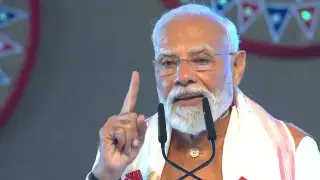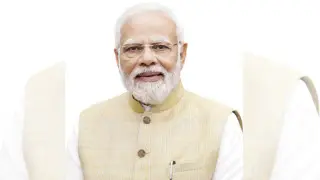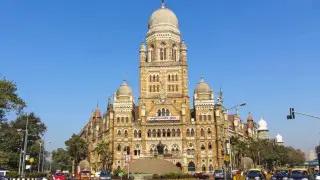
ANI
The 'Lakhpati Didi' scheme, mentioned by Finance Minister Nirmala Sitharaman in the interim budget, is an initiative aimed at empowering women in self-help groups (SHGs) by helping them achieve a sustainable annual income of at least one lakh rupees. The scheme focuses on skill development training for women in rural areas, with the goal of creating 3 crore 'Lakhpati Didis' (women earning one lakh or more per year).
Prime Minister Narendra Modi had initially announced the 'Lakhpati Didi' scheme during his Independence Day speech the previous year. The scheme involves providing skill training to 20 million women in villages across India in areas such as plumbing, LED bulb making, and operating and repairing drones. The objective is to enhance the economic status of women through skill development, enabling them to generate a substantial income.
In her budget speech, Finance Minister Sitharaman highlighted the success of self-help groups, stating that 83 lakh SHGs with nine crore women have been transforming the rural socio-economic landscape. The initiative has already assisted nearly 1 crore women in becoming 'lakhpati didis.' Due to this success, the government has decided to increase the target from 2 crore to 3 crore women benefiting from the scheme.
Apart from the 'Lakhpati Didi' scheme, the budget also includes other announcements focused on women's empowerment. These include extending healthcare insurance cover under the Ayushman Bharat scheme to all anganwadi and ASHA workers. Additionally, the finance minister mentioned positive trends in female enrollment in higher education, especially in STEM courses, and highlighted various measures taken for women's empowerment, such as making triple talaq illegal, reserving one-third of seats for women in Parliament and state assemblies, and ensuring a significant percentage of houses under the PM Awas Yojana are allocated to women.










Copyright © 2025 Top Indian News
